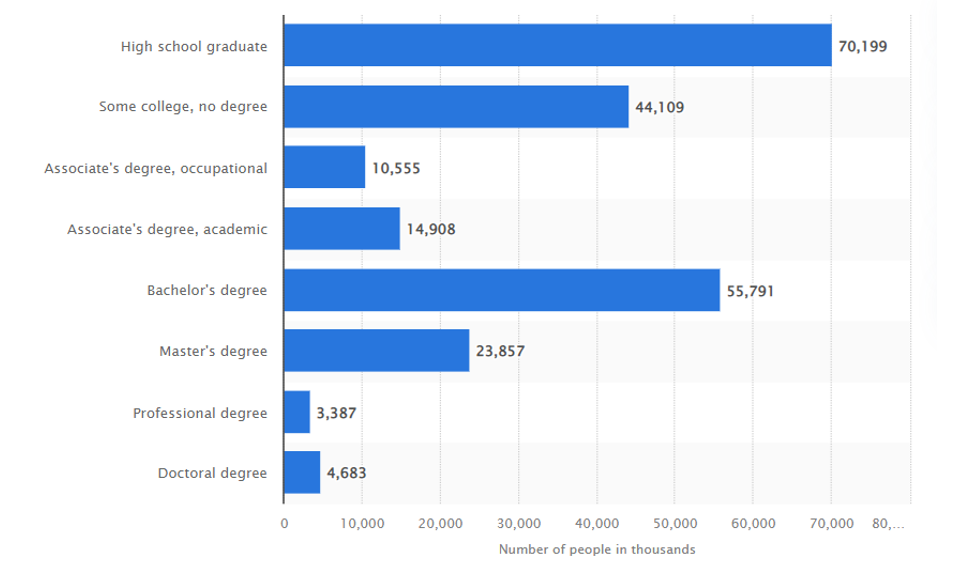Why get a doctorate?
If you are one of those people who is always looking for ways to excel and gain recognition, it is very likely that you will consider pursuing a doctorate to help you achieve one of your professional goals.
It is important to comprehend from the start that the dropout rate for doctoral studies is quite high, with only one-third of them successfully completing their doctoral thesis.
The first question you should ask yourself is, "Why do I want to become a doctor?"
This must always be your north. Because it takes many years of effort and dedication, the person who enters to study is not the same as the person who graduates. Of course, we can assure you that the individual who departs is far more disciplined, focused, and determined.
Obtaining a doctorate requires complete dedication, discipline, and energy. Be clear about your goal so that adversities do not discourage you and cause you to abandon your goal.
You may wonder, "Why do people take on this project if it is so difficult?"
For ambition.
Ambition to improve one's economic position, gain recognition, and demonstrate to oneself that one can. For contributing to science, economy, and society.
Not everyone is ready for this experience. So, if you are someone who strives for academic excellence and has a strong interest in research and learning in your field of study, a Ph.D. is for you. We recommend that, when making your decision, you keep current professional trends in mind.
Among the benefits is that, because doctorate graduates are more qualified, their employment is very high, and they are primarily sought after for positions of high responsibility. This translates to higher earning potential and job security. For doctoral graduates, unemployment is not an issue.
What factors should you consider when deciding whether a doctorate is right for you?
● Family. Making the decision to pursue a PhD entails making plans for the rest of your life.
● Check inside. You must work hard to develop resilience, as well as a tolerance for failure and frustration.
● Discipline. Everything is up to you and how you manage your time and resources.
● Objectives. Do you have a clear idea of what you're passionate about? Keep in mind that you will frequently end up researching a different topic.
● Economy. Be clear about your financial options for life and your research project during these years.
If you have considered the implications highlighted above and are excited about achieving your academic objectives, look no further. A doctorate is not for everyone; it is for those who want to win, and statistics back this up.
Population of the United States in 2020, by educational attainment (in 1,000)

Consider online study options, which have more extensive offers every day and will allow you to combine them with your personal life, as well as not incurring additional expenses because you can do them from wherever you want. Today, the possibilities for achieving your goals are limitless.